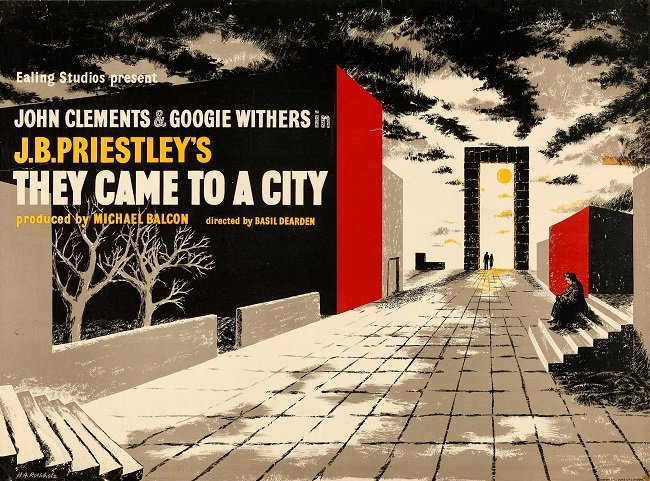Outrage (2010)
Multi-talented Japanese actor, director and comedian Takeshi Kitano has gained a global reputation due to his cerebral exploration of Yakuza culture. In recent years he has moved away from this specific sub-genre and has focused his attentions on a series of human dramas, exploring such complex themes as the nature of reality and mortality. With Outrage (Autoreiji, 2010) he returns once gain to the subject of criminal clans. This time round, director Kitano has opted to reduce some of the more spiritual and philosophical elements of the narrative and has focused far more upon the brutal and political nature of Japanese organised crime. As a result, Outrage is horse of a very different colour, compared to earlier examples of his work, such as Boiling Point (1990) and Sonatine (1993).
The plot follows a struggle for power amongst Tokyo's Yakuza clans, who live in a curious world between legitimate business respectability and conventional criminal undertakings. The Sanmo-kai clan holds sway in the face of continuous betrayal and ever-changing allegiances from both other gangs as well as banks and corporations. The Sanmo-kai chairman learns that his deputy Ikemoto has struck an alliance with the drug-dealing Murase family and is displeased by this breach of discipline and etiquette. The ensuing retaliation triggers a wave of killings, territorial invasions and score settling while local law enforcement officers struggle to intervene, due to corruption and political conflicts. Takeshi Kitano plays an enforcer, Otomo, who finds himself caught amid these escalating events.
There is an almost clinical approach to the proceedings in Outrage and the introspective musings of Takeshi Kitano's earlier work are now replaced with a far slicker, rather stylised American approach to this particular genre. Hence the production boasts convoys of luxury vehicles and a cast clad solely in designer suits. This contrived designer aesthetic at times verges on parody. Frequently Outrage seems to play out in a faux and derivative representation of organised crime, which is itself already an artificial construct to begin with. Certainly, this aspect of the production does not greatly compensate for the films reduced narrative. The story mainly focuses on the traditional staples of the gangster genre. This is a study in greed, revenge and violence of which there is a lot and it is not for the squeamish. In a world were violence is common place, the film cleverly explores how ever-increasing acts of abhorrence are required to maintain the status quo.
Yet despite the films scaled down aspirations, it should be remembered that this is a Takeshi Kitano production and his work is streets ahead of many other mainstream directors, even when he's not on top form. The biggest saving grace of Outrage is the streak of gallows humour that runs through the entire film. As ever Kitano's performance is utterly compelling. This man has a quality that is hard to define but he definitely holds your attention. His can inspire loathing as equally as he can move us with his honest sentiment. Viewers who are new to this film makers work, should note that the prolonged sequences of people staring at each other or into the middle distance are perfectly normal and common place. They are also often precursors to acts of extreme violence or a major emotional outburst.
For western audiences, Outrage is very accessible, reminding me in a way of his earlier film Brother (2000) which was more tailored for the international market. But for those who are expecting the cerebral character studies of his earlier work, then you will not find it here. The film is a far more formulaic and somewhat predictable undertaking (apart from the end). It is a handsome if clichéd production but is bolstered by the presence of its director both in front and behind the camera. Fans of the Yakuza sub-genre and Japanophiles will still find much to enjoy. Note well that if you have more than a passing fear of the dentist and dental equipment then this movie may not be for you. For those who do find Outrage to be their “cup of tea”, then note that it is the first in a trilogy of movies.










